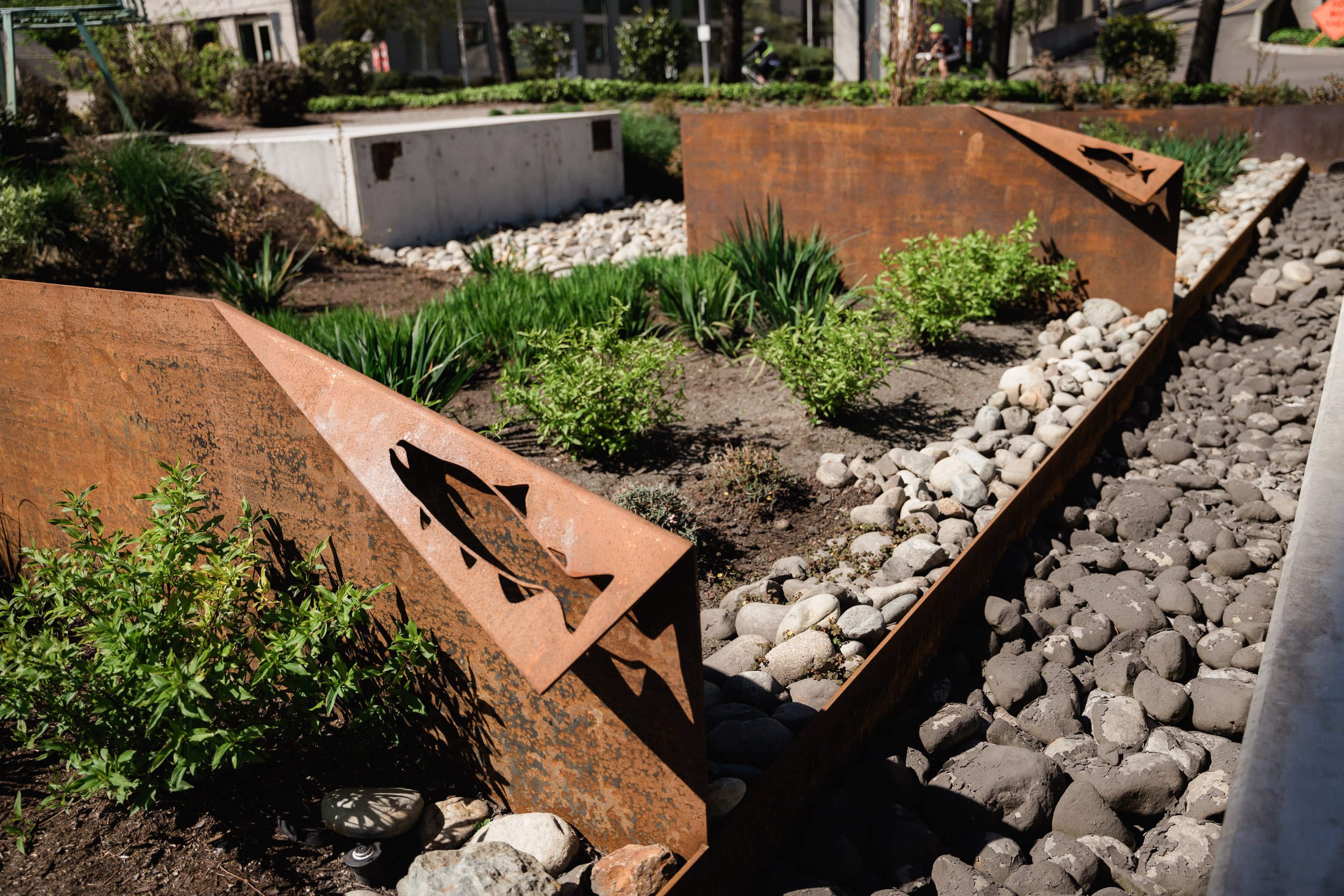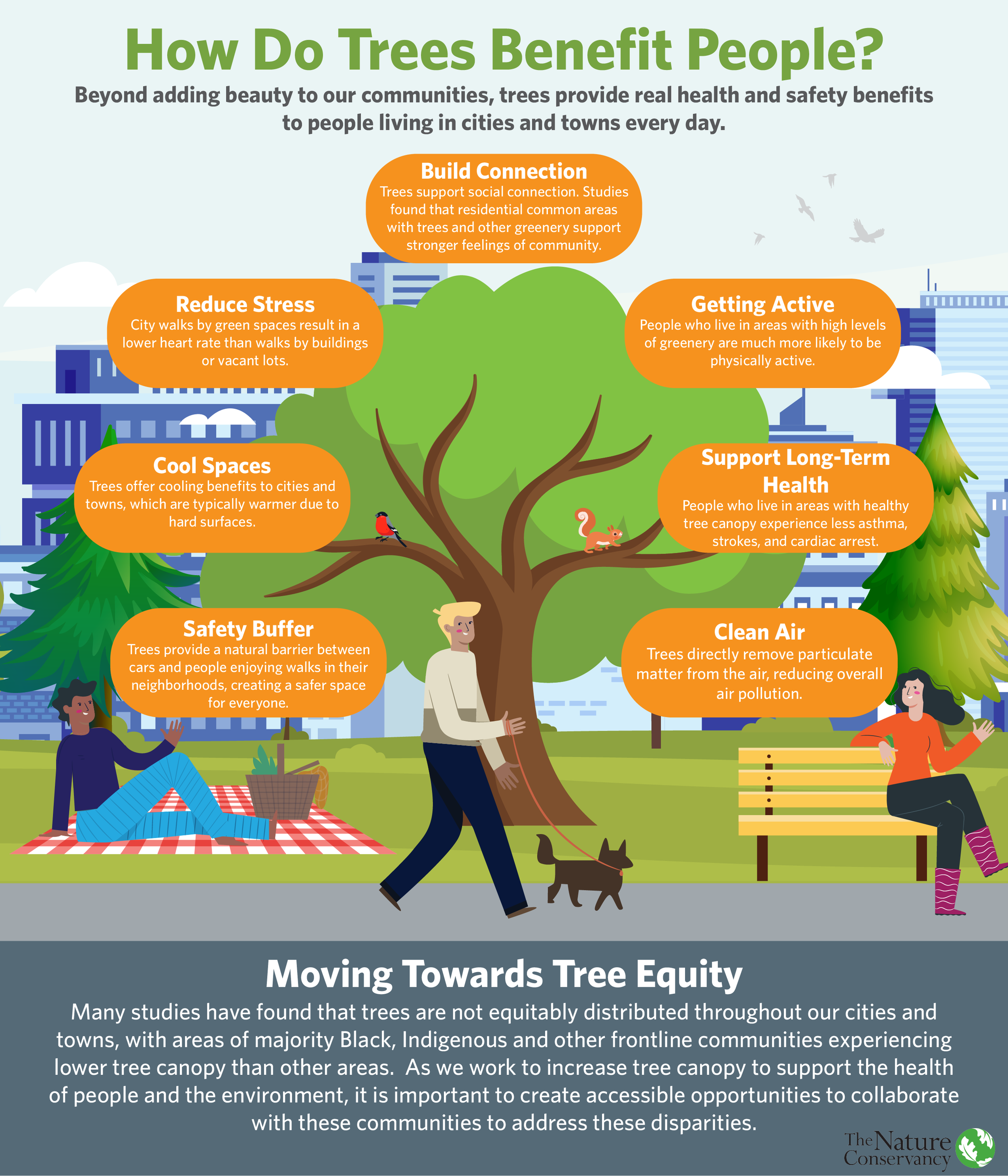Washington state is committing itself to orca recovery.
This morning, Gov. Jay Inslee signed an Executive Order on Southern Resident Killer Whale Recovery during a ceremony at the Daybreak Star Cultural Center in Seattle.
“I am committed to this and I believe 7 million Washingtonians are very deeply in their hearts,” said the governor as he signed the order. “Let’s go get this job done.”
The governor outlined three primary factors threatening our Southern Resident orca populations:
- Limited prey availability, particularly Chinook salmon
- Toxic contaminants in our water, which make their way into orcas’ bodies
- Disturbance from vessel noise and traffic
He also noted the potential for a catastrophic oil spill in Puget Sound waters, saying, “None of these threats can be taken lightly. The stakes are too high to wait any longer.”
The governor’s Executive Order directs state agencies to collaborate with local and tribal governments and federal agencies to conduct a series of immediate actions between now and the end of the year to support orca recovery. The state departments of Fish and Wildlife, Ecology, Licensing, Transportation, Washington State Parks and Recreation Commission, the Puget Sound Partnership and the Governor’s Salmon Recovery Office are all charged with specific actions to bolster orca health and numbers starting today.
Click on the infographic to enlarge
Here at The Nature Conservancy, we’ve been working for a cleaner Puget Sound with more abundant salmon through on-the-ground collaboration with state agencies and allies from other nonprofit organizations, private businesses, research institutions and others.
Floodplains by Design, a partnership we co-lead with the state Department of Ecology and the Puget Sound Partnership, rethinks river restoration for people and nature, reconnecting and enhancing salmon habitat. Our groundbreaking work on treating polluted stormwater runoff before it reaches the sound includes a coalition representing developers, scientists, funders and regulatory agencies. And our work on salmon recovery extends beyond Puget Sound — for example, the Washington Coast Restoration Initiative supports salmon recovery and healthy ecosystems as well as rural jobs.
Joining Gov. Inslee in speaking at the signing ceremony today were Chairman Leonard Forsman of the Suquamish Tribe, who is also president of the Affiliated Tribes of Northwest Indians, Commissioner of Public Lands Hilary Franz and the two co-chairs of the governor’s newly established Southern Resident Killer Whale Recovery Task Force, Stephanie Solien of the Puget Sound Partnership Leadership Council and Les Purce, former president of The Evergreen State College. The task force will hold its first meeting in April and is charged with developing and supporting a longer-term action plan for Southern Resident orca recovery this year.
“The governor’s executive actions today give us a unique and historic opportunity to come together as Northwesterners to save these majestic and intelligent whales that have roamed our waters for thousands of years and only eat salmon,” Solien said. “Puget Sound is in trouble. And while a lot of dedicated, hardworking people have stepped up to the plate, it hasn’t been enough to prevent us from standing here today, acknowledging that our beloved resident orcas are on the verge of extinction.”
Chairman Foresman praised the governor’s boldness in setting forth this plan. “The orcas are talking to us,” he said. “These are our ancestors talking to us. So we really cannot let this [extinction] happen.”
“We have to prove that people and the orcas and the salmon and everything else can live together and coexist as we grow in this area,” he said.
We all have a story about our first or most memorable experience encountering orcas in Puget Sound. Purce, who grew up in Idaho, told the story of how he first saw an orca during a trip west in 1972. “It almost stopped my heart,” he said.
Commissioner Franz spoke about riding the ferry with her children, hearing an announcement over the loudspeaker calling passengers’ attention to an orca nearby and seeing everyone stand perfectly still to watch. “This is a creature that inspires us every single day,” she said. “It says this world is larger than ourselves.”
And Gov. Inslee spoke about his first encounter with an orca as a young boy fishing with his father and how he could only hear its deep breathing before a silhouette finally emerged from the misty fog. “That is a silhouette and a sound [to which] we are dedicating ourselves,” he said. “That our great-grandchildren and their great-grandchildren will be able to experience.”



























